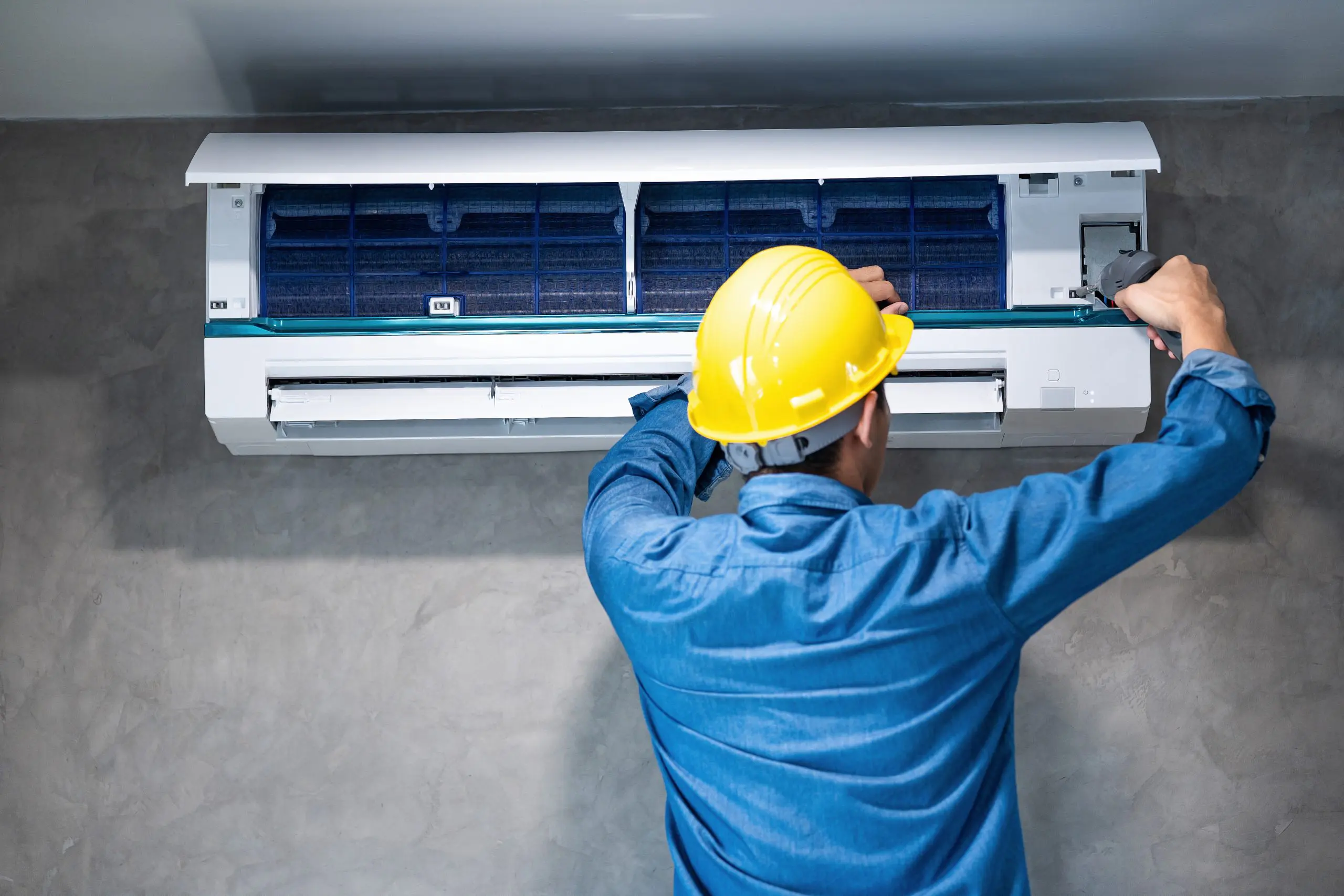Air Conditioning Installation and Its Environmental Impact
페이지 정보

본문
 Energy Consumption in Air Conditioning
Energy Consumption in Air ConditioningAir conditioners are a major contributor to high energy use, especially in summer when they run continuously. The power required to cool a space puts a strain on the grid, particularly in areas where fossil fuels are the primary energy source. This increased demand leads to higher emissions, making it crucial to consider the energy efficiency of the unit when installing an air conditioner.
 Air conditioning installation is a significant investment in comfort, but it also carries an environmental impact that should not be overlooked. As more people seek to cool their homes and businesses, it’s essential to consider energy-efficient models, proper maintenance, and sustainable practices to minimize the carbon footprint. Choosing an experienced HVAC provider like Sanborn’s Air Conditioning & Heating ensures you receive expert guidance on selecting environmentally friendly options that fit your needs and budget.
Air conditioning installation is a significant investment in comfort, but it also carries an environmental impact that should not be overlooked. As more people seek to cool their homes and businesses, it’s essential to consider energy-efficient models, proper maintenance, and sustainable practices to minimize the carbon footprint. Choosing an experienced HVAC provider like Sanborn’s Air Conditioning & Heating ensures you receive expert guidance on selecting environmentally friendly options that fit your needs and budget.Alternative Cooling Methods
While air conditioning is the go-to solution for many, there are other more sustainable ways to cool a space that have less environmental impact. Techniques like passive cooling—using natural ventilation, shading, and reflective materials—can significantly reduce the need for mechanical cooling. Green roofs, which insulate buildings and reduce the urban heat island effect, are another eco-friendly solution. Additionally, evaporative cooling, which uses water to cool the air, can be a more energy-efficient alternative in dry climates. Exploring these methods can help reduce reliance on traditional air conditioning systems and promote a healthier planet.
Reducing Carbon Emissions Through Efficiency
The energy consumed by air conditioners often comes from fossil fuel-based power plants, contributing to higher carbon emissions. By selecting an energy-efficient model, homeowners can help lower their carbon footprint. Newer air conditioning systems are designed to meet stringent efficiency standards, using advanced refrigerants and reducing energy consumption while still offering optimal cooling. This shift contributes to mitigating climate change over time.
Energy Consumption and Efficiency
Air conditioning units are notorious for their high energy consumption, especially during peak summer months. Running an AC constantly can significantly raise household electricity bills, but more importantly, it increases the demand for power from the grid. This demand often results in higher emissions if the energy is derived from fossil fuels. Choosing energy-efficient units can help reduce electricity use. Many modern models are designed to consume less power while maintaining a comfortable temperature, making them a better option for those looking to reduce their carbon footprint.
Air conditioning installation plays a significant role in modern comfort, especially during the hotter months. However, its environmental impact is often overlooked. The energy consumption of air conditioning units contributes to higher electricity demand, which in turn increases greenhouse gas emissions, especially when the power comes from fossil fuels. Additionally, the refrigerants used in many older units can leak and contribute to global warming. While newer, more energy-efficient models and eco-friendly refrigerants are making strides, it’s important to balance convenience with sustainability when installing air conditioning systems.
Upgrading to Green Technologies
Upgrading to more environmentally friendly air conditioning technologies is one of the most effective ways to reduce the environmental impact of cooling systems. Newer models use energy-efficient components and eco-friendly refrigerants, which can significantly lower both electricity usage and greenhouse gas emissions. Solar-powered air conditioners are also gaining popularity, as they run on renewable energy, reducing reliance on the grid. Incorporating smart thermostats into the system can further optimize energy use by automatically adjusting settings based on occupancy, thus ensuring that energy is not wasted.
Sanborn’s Air Conditioning & Heating, located in Redlands, HVAC Repair is committed to offering solutions that promote both comfort and environmental responsibility. Our team strives to help you make informed decisions on the best air conditioning systems while balancing energy efficiency and sustainability. Reach out to us today to learn how we can help you reduce your environmental impact while enjoying the benefits
The Role of Smart Technology in Reducing Consumption
Many modern air conditioners come equipped with smart technology that helps optimize energy use. Features like programmable timers, remote control, and adaptive temperature sensors allow users to regulate their AC more efficiently. By automatically adjusting settings based on occupancy or outside temperature, these smart systems reduce unnecessary cooling and prevent excessive energy consumption, ultimately leading to lower electricity bills and a smaller environmental impact.
- 이전글Unveiling the Best Betting Site Reviews: A Comprehensive Guide 24.12.27
- 다음글Essential Safe Online Betting Tips for Responsible Gambling 24.12.27
댓글목록
등록된 댓글이 없습니다.